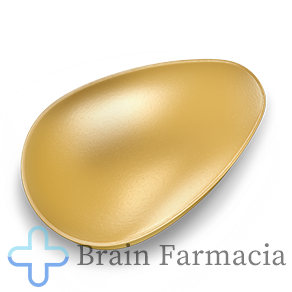What is Hypertension?
Hypertension, commonly known as high blood pressure, is a chronic medical condition characterized by elevated blood pressure levels in the arteries. It is a common condition that affects millions of individuals worldwide. In hypertension, the force of blood against the walls of the arteries is consistently too high, placing additional strain on the heart and blood vessels.
Causes and Risk Factors
Several factors contribute to the development of hypertension, including genetic predisposition, underlying medical conditions, and lifestyle choices. Family history of hypertension, age, obesity, high salt intake, excessive alcohol consumption, stress, and lack of physical activity are all associated with an increased risk of developing hypertension.
Hypertension can also be caused by underlying conditions such as kidney disease, hormonal disorders, and certain medications. Additionally, conditions like sleep apnea and chronic kidney disease can contribute to the development of hypertension.
Symptoms and Complications
Hypertension is often referred to as the \"silent killer\" because it typically does not cause noticeable symptoms in the early stages. However, if left uncontrolled, hypertension can lead to serious complications such as heart attack, stroke, kidney damage, and heart failure.
In some cases, individuals with hypertension may experience symptoms such as headaches, shortness of breath, chest pain, dizziness, or visual changes. It is important to monitor blood pressure regularly to detect any abnormalities and seek medical attention if symptoms persist.
Treatment and Management
Managing hypertension involves a combination of lifestyle changes and medical interventions. The primary goal of treatment is to lower blood pressure levels and reduce the risk of complications.
Lifestyle Modifications
Implementing healthy lifestyle changes can have a significant impact on managing hypertension. These include adopting a balanced diet rich in fruits, vegetables, and whole grains while reducing sodium intake. Regular physical activity, such as aerobic exercises and strength training, can help improve cardiovascular health and lower blood pressure.
Other important lifestyle modifications include limiting alcohol consumption, quitting smoking, managing stress through relaxation techniques, and maintaining a healthy weight.
Medication
In some cases, lifestyle modifications alone may not be sufficient to control hypertension. Antihypertensive medications may be prescribed by healthcare professionals to help lower blood pressure. These medications work in different ways to relax blood vessels, decrease fluid volume, or reduce the heart's workload.
It is important to take prescribed medications as directed and communicate any side effects or concerns to the healthcare provider. Regular check-ups and blood pressure monitoring are essential to evaluate the effectiveness of treatment and make any necessary adjustments.
Conclusion
Hypertension is a prevalent condition that requires ongoing management. By understanding the causes, risks, symptoms, and available treatment options, individuals with hypertension can take proactive steps to control their blood pressure and reduce the risk of associated complications.






